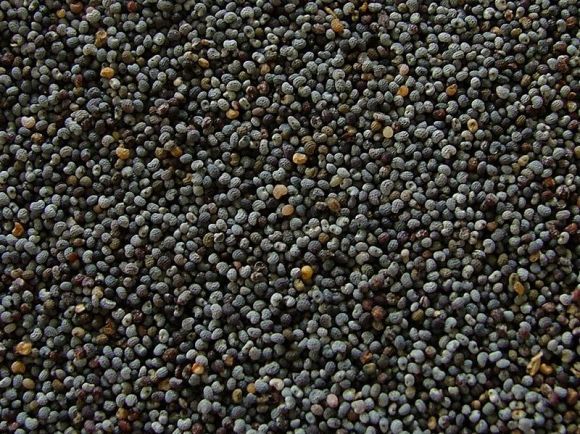
The China Food and Drug Administration (CFDA) were conducting a series of inspections on the restaurants found in 70 different hotels around Guangzhou. As a result, they found that two of the restaurants had been using poppy seed powder mixed in with their spicy seasonings.
However, since the amount of poppy seed used was small, the restaurants got off with a warning and fine of 50,000 yuan (US$8,200). Nevertheless, these incidents have triggered a movement to enact a law to “ban cooking with poppy, no matter how small the amount, even for seasoning.”
Such opposition to poppy seeds may come as a surprise to people from countries who regularly consume them. However, many people in Asian countries like China and Japan consider the seed to be as equally addictive as the plant’s latex which contains the opium used in narcotics like heroin and morphine.
In fact, just the other day while selling my body on the street for a dime bag of poppy seed bagels, my John was shocked when I told him that while trace amounts of opium might get rubbed off on the seeds they are pretty much harmless themselves.
Still countries like China might be right in taking a hardline stance against anything connected to the plant. A spokesperson left restaurant goers with a grim yet confusing warning: “When you eat out, you must remember that poppy seeds might be contained in the food. In particular, watch out for food with a rich taste and good aroma.”
Source: Irorio (Japanese)
Image: Wikipedia – Odedr